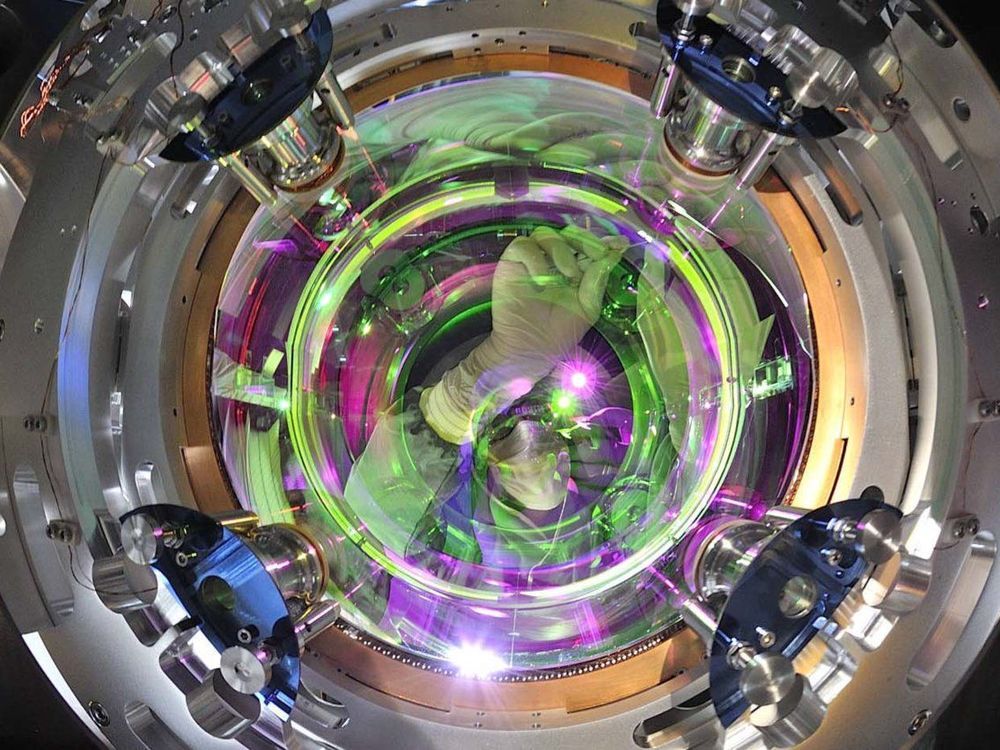- Colliding black holes and neutron stars create ripples in spacetime, called gravitational waves. These were “heard” for the first time in September 2015.
- On Monday, a pair of gravitational-wave detectors called LIGO will turn back on after 6 months of downtime and upgrades.
- To boost its power, the experiment will now work with a sister machine in Italy called Virgo.
- Physicists expect the next period of searching for colliding black holes to last a year and be 40% more sensitive than before.
One of the most remarkable experiments in history — a pair of giant machines that listen for ripples in spacetime called gravitational waves — will wake up from a half-year nap on Monday. And it will be about 40% stronger than before.
That experiment is called the Laser Interferometer Gravitational-Wave Observatory (LIGO); it consists of two giant, L-shaped detectors that together solved a 100-year-old mystery posed by Albert Einstein.
Read more









Comments are closed.